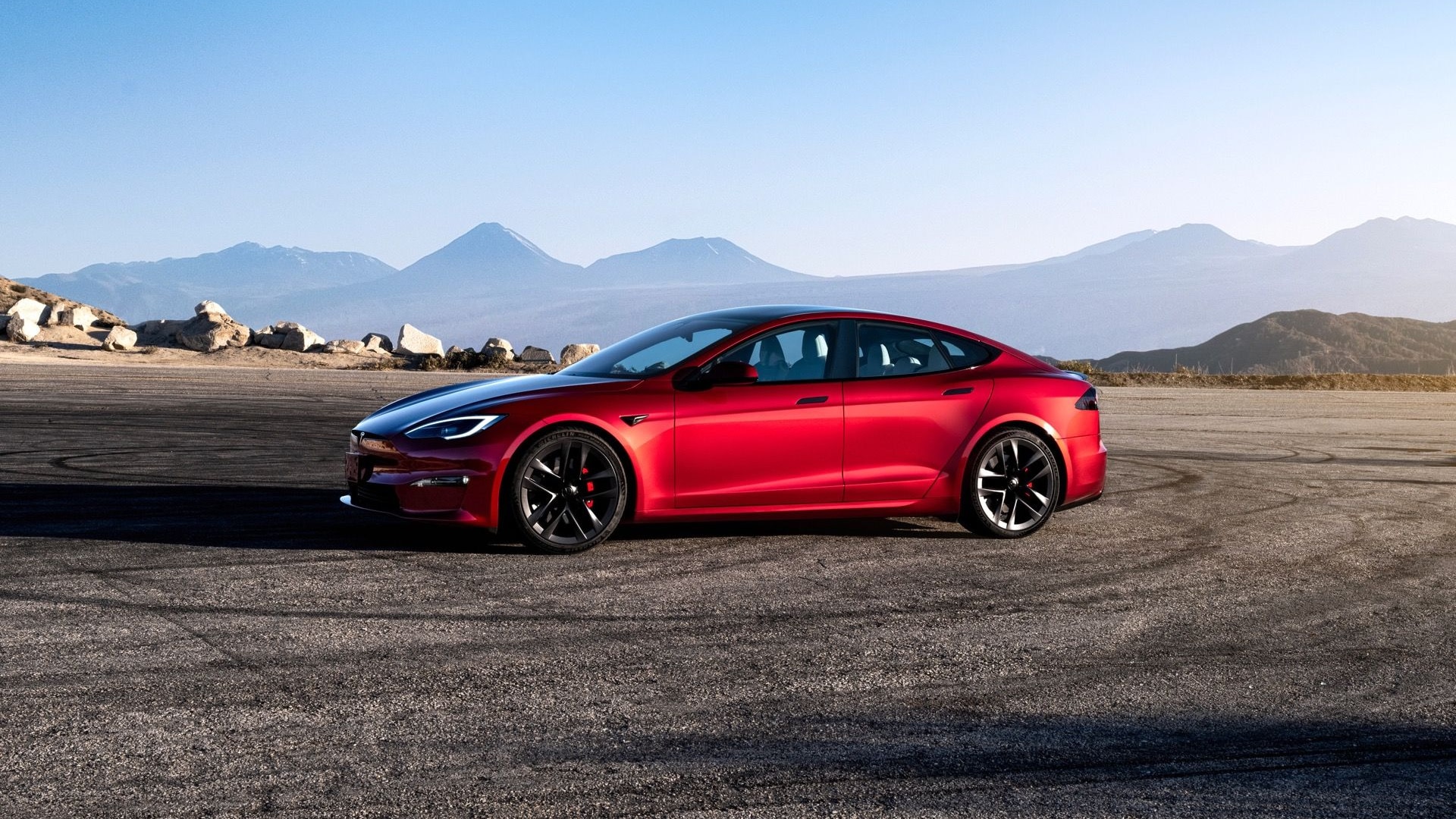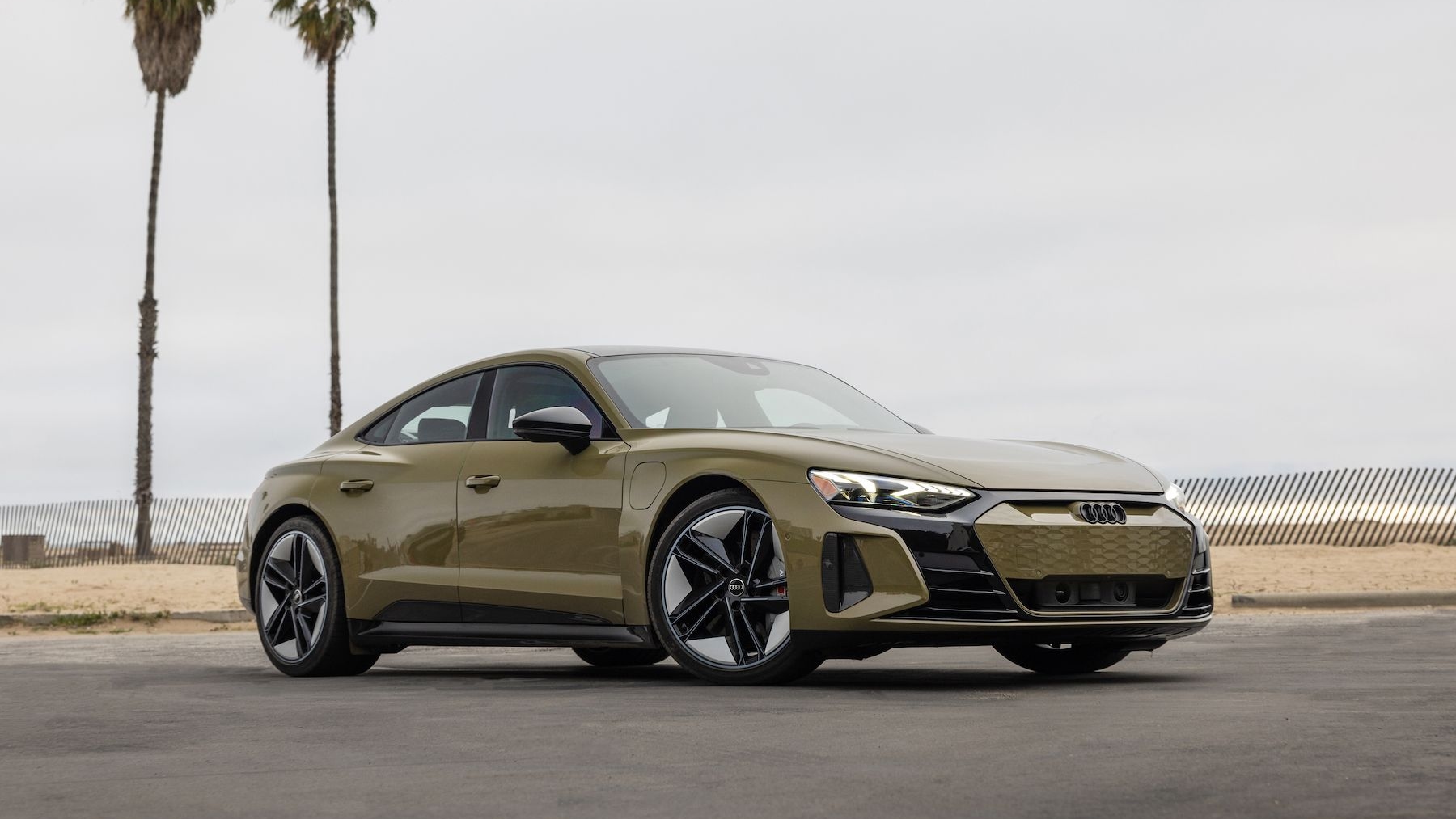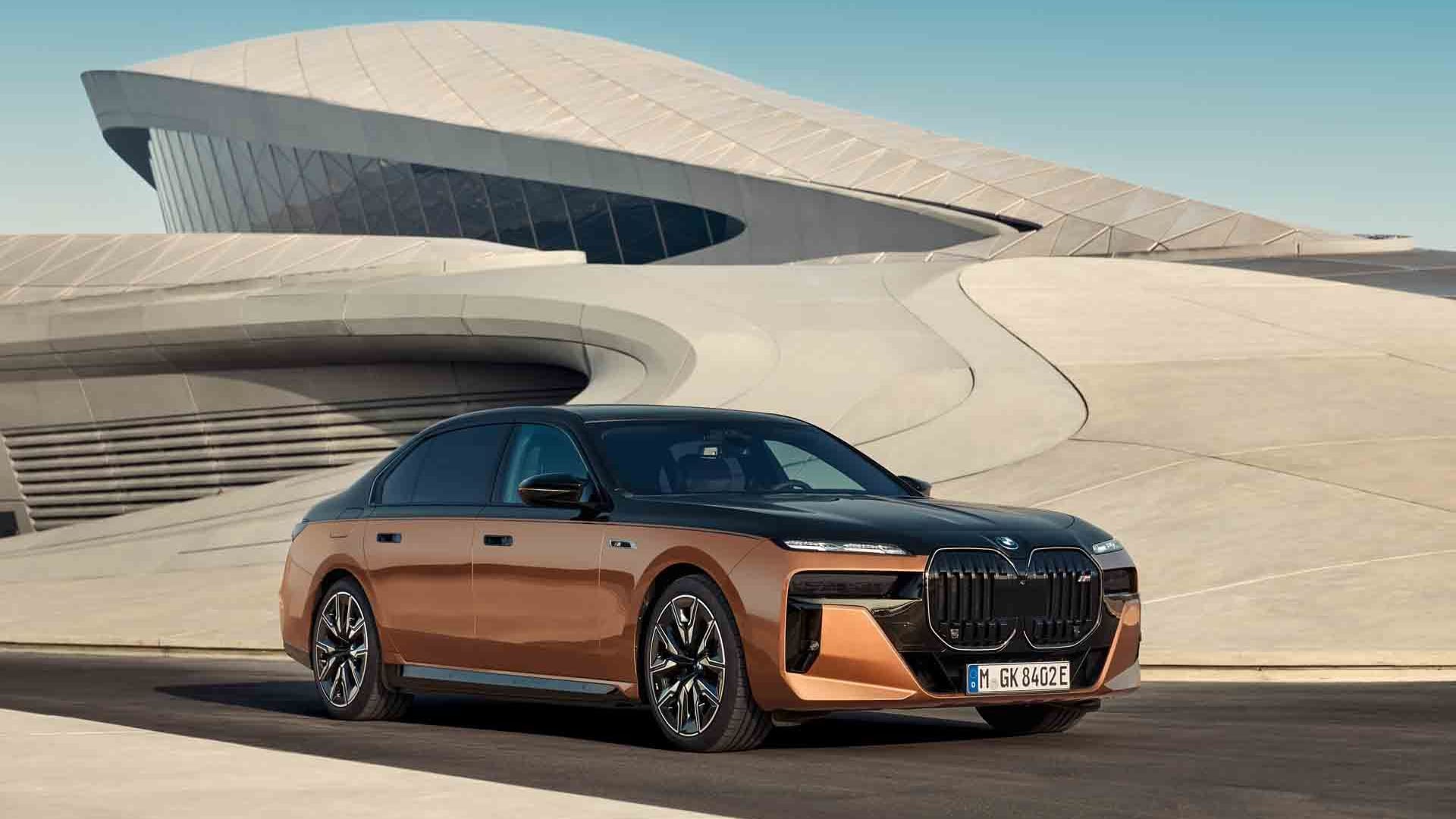The National Highway Traffic Safety Administration is examining suspension components on Tesla Motors’ [NSDQ:TSLA] Model S sedan after receiving dozens of complaints of parts breaking.
According to The New York Times, NHTSA received 33 complaints, including one where a suspension ball joint experienced high levels of rust causing it to come apart.
Tesla took to its blog on Thursday to state that there is no safety defect in the suspension of the Model S and the related Model X and that the rusty example was an “unusual” case.
Where things get murky is an agreement Tesla presented to some out-of-warranty customers that had to be signed in order for them to receive discounts on repair bills for their broken suspension.

2016 Tesla Model S
A portion of the agreement, which Tesla calls a “Goodwill Agreement,” was posted on Daily Kanban on Wednesday. The blog claims the agreement represents a “potential assault” by Tesla on the right of vehicle owners to notify NHTSA of defects. A portion of the agreement is reproduced below:
“You agree to keep confidential our provision of the Goodwill, the terms of this agreement and the incidents or claims leading or related to our provision of the Goodwill. In accepting the Goodwill, you hereby release and discharge Tesla and related persons or entities from any and all claims or damages arising out of or in any way connected with any claims or incidents leading or related to our provision of the Goodwill. You further agree that you will not commence, participate or voluntarily aid in any action at law or in equity or any legal proceeding against Tesla or related persons or entities based upon facts related to the claims or incidents leading to or related to this Goodwill.”
NHTSA has since warned Tesla that any language implying customers should avoid contacting the agency regarding safety concerns is unacceptable. In response, Tesla says it never intended to dissuade customers from contacting NHTSA with the agreement and that it is working with the agency to handle things differently.
We’ll bring you an update if NHTSA determines there’s any issue with the suspension on the Model S. As mentioned above, Tesla states there’s no safety defect, though the company did issue a Technical Service Bulletin (TSB) in March of 2015 for a “known non-safety-related condition” regarding the front lower control arm ball joint of the Model S suspension. According to the TSB, “greater free play than expected” can develop in the ball joints, which left untreated can lead to accelerated wear of the joint.



